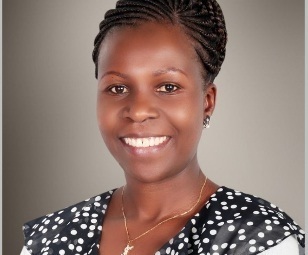GENDER ANALYSIS OF VULNERABILITY AND RESILIENCE TO HOUSEHOLD WATER INSECURITY IN KITUI COUNTY, KENYA: IMPLICATIONS FOR INSTITUTIONAL AND POLICY RESPONSE IN THE FACE OF CLIMATE VARIABILITY
Funder: REACH programme: the UK Department for International Development (DFID) (Aries Code 201880).
Investigators: Prof. Salome Bukachi-Principal Investigator
Dr. Dalmas Omia-Researcher
Dr. Mariah Ngutu- Researcher
Collaborating Institution: University of Oxford, UK.
Context and rationale: While researchers, for instance, Boateng et al., (2017), Tsai et al., (2016) and Stevenson et al., (2016) have attempted to create more comprehensive metrics to measure household water insecurity, their approaches largely concentrate on the physical component of household water insecurity namely; water quality, water quantity, the sources and the reliability of these water sources including affordability of market-sourced water. This has seen the use of socio-ecological systems, socio-hydrology, human capabilities and relational frameworks in analysis of household water insecurity. While sound in producing water insecurity metrics, the approaches have failed to account/document the socio-cultural dynamics and political institutions and processes that contribute to household water insecurity.
Therefore, this study intends to scope beyond the entitlements and human capabilities approaches in analysing household water insecurity to assessing the socio-cultural dynamics and political institutions (both formal and informal) and processes as dimensions of househpold water insecurity. Further, the study will undertake a gender-sensitive analysis (needs, opportunities for women, youths and persons with disability) on water governance. As such, the overarching aim of this study is to conduct a gender of vulnerability and resilience to household water insecurity in Kitui County, Kenya. To achieve this, the study set to answer the following research questions:
- What are the key institutions (including the actors and incentives) involved in water governance in Kitui County?
- What is the level of Kitui County Government’s preparedness and capacity to respond to household water insecurity in the face of climate variability? How gender sensitive are these institutional-based approaches?
- What are the social and cultural dimensions of household water insecurity (water sources, use and access and regulations);
- What are the gender dynamics in men’s and women’s roles in water dependent tasks and how are these roles differentially impacted by household water insecurity? What gendered implications for resilience building do these portend for the community?

